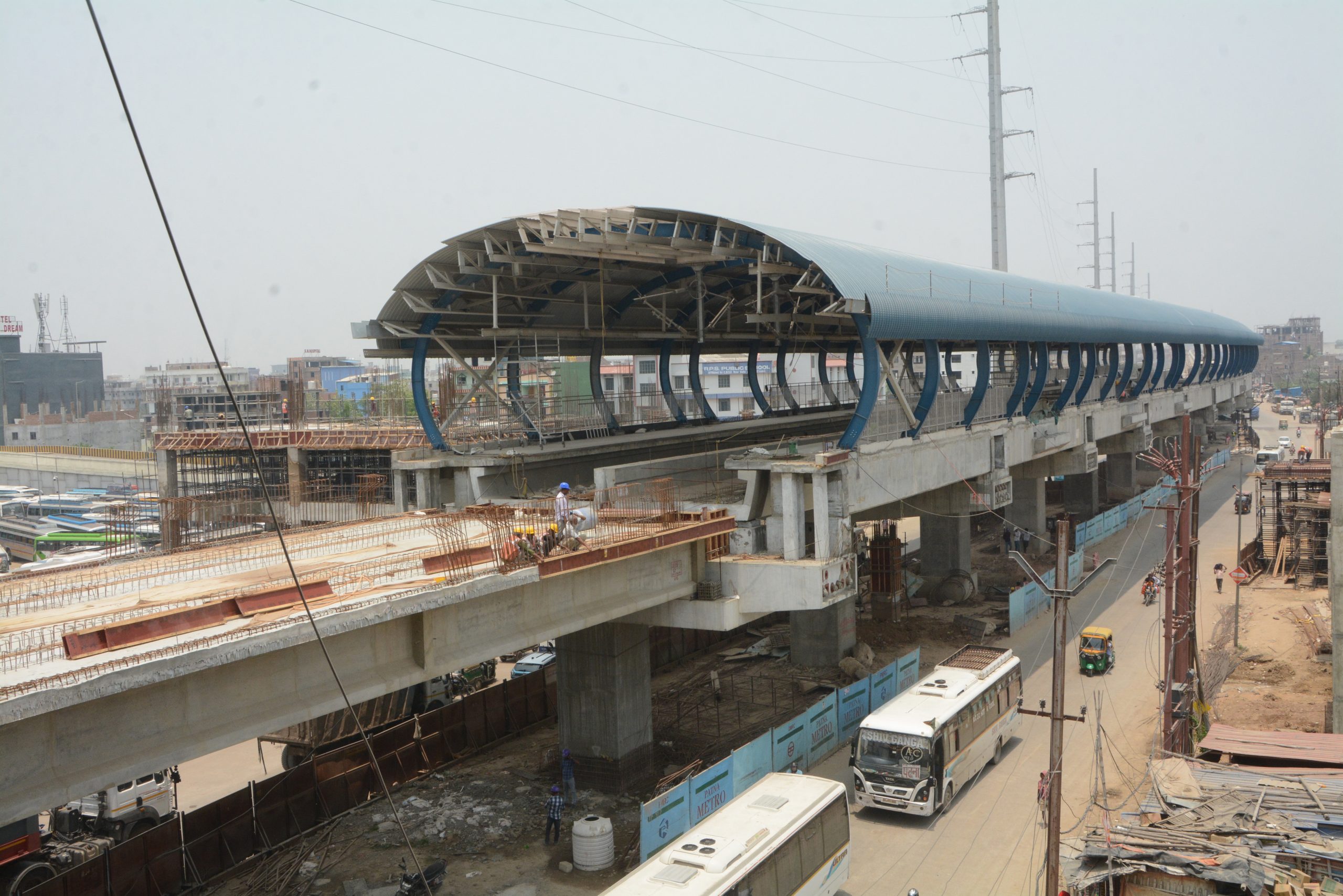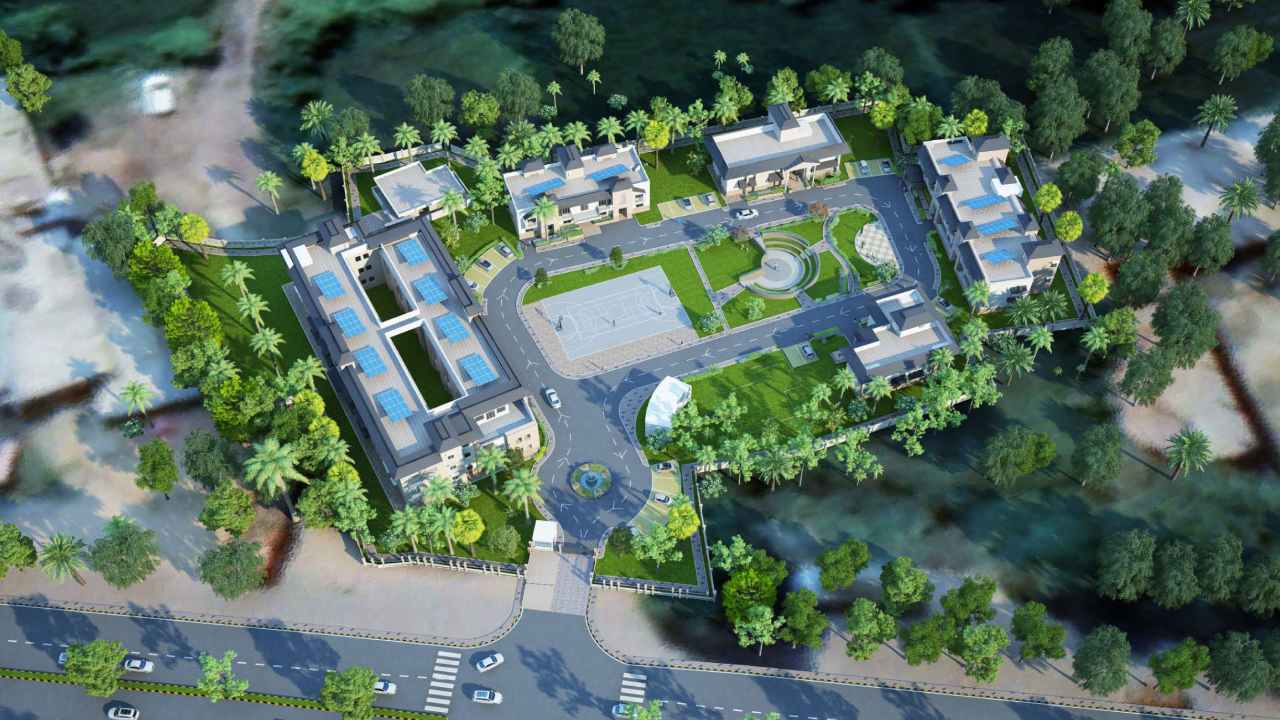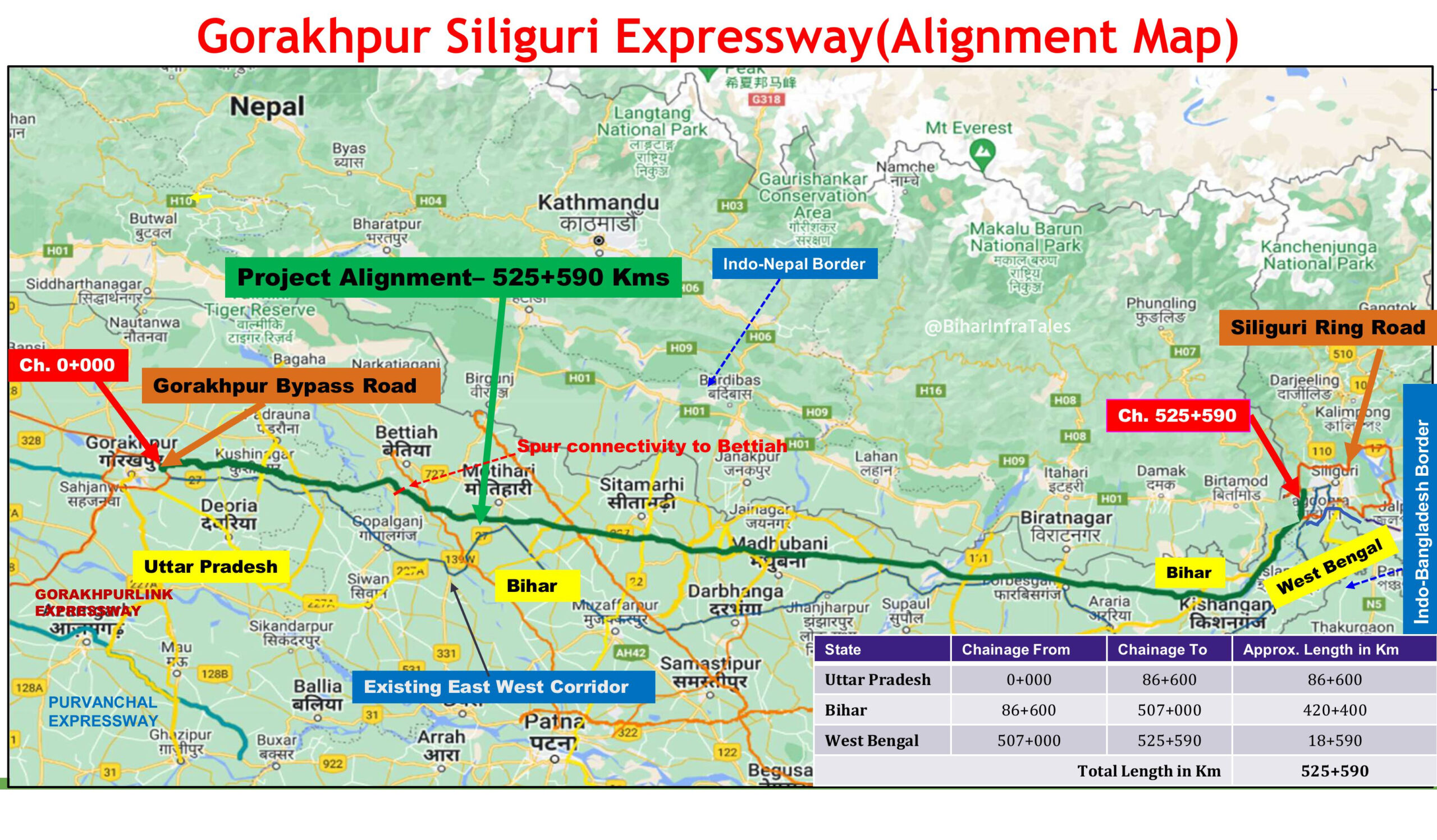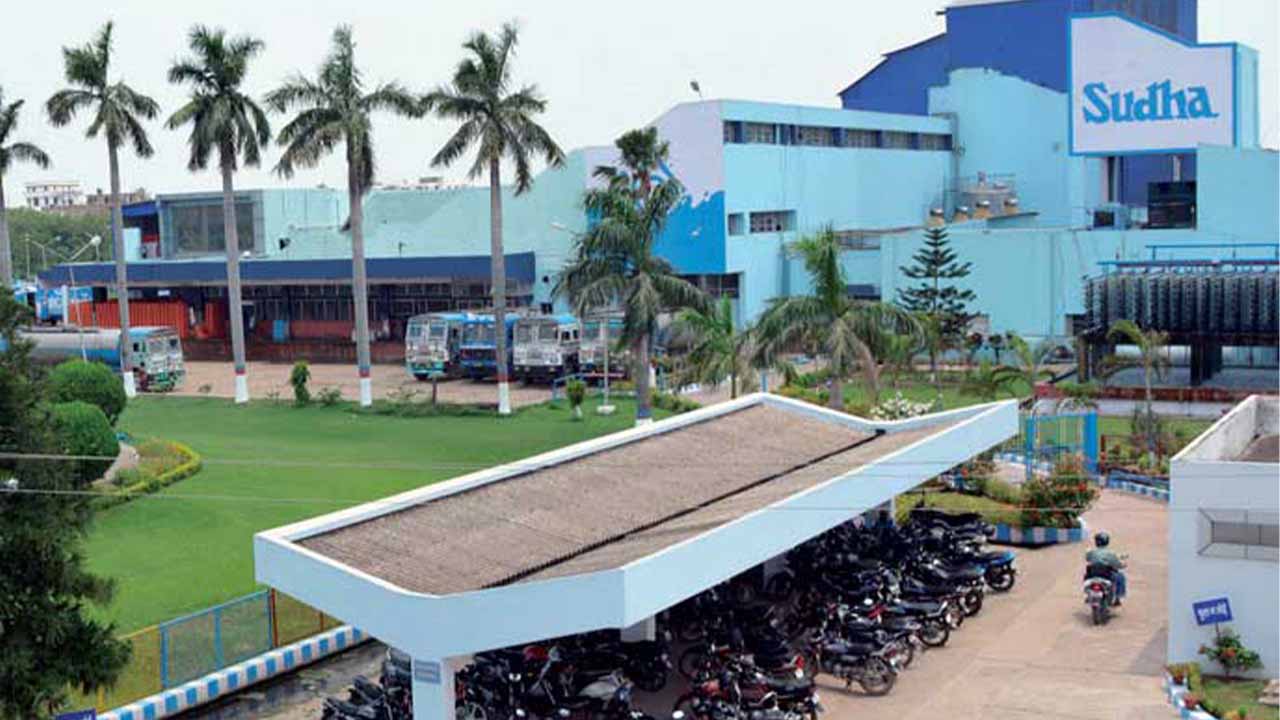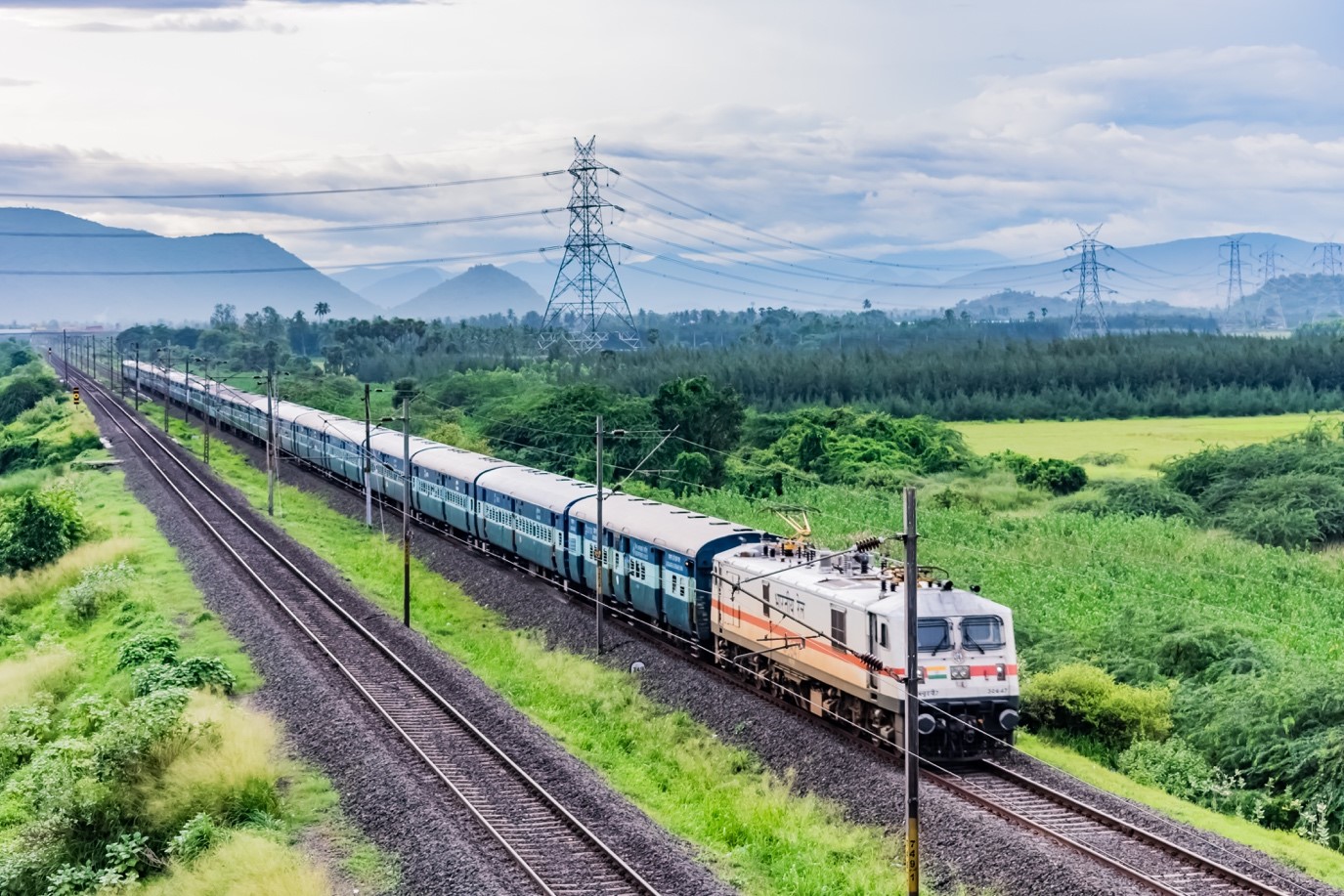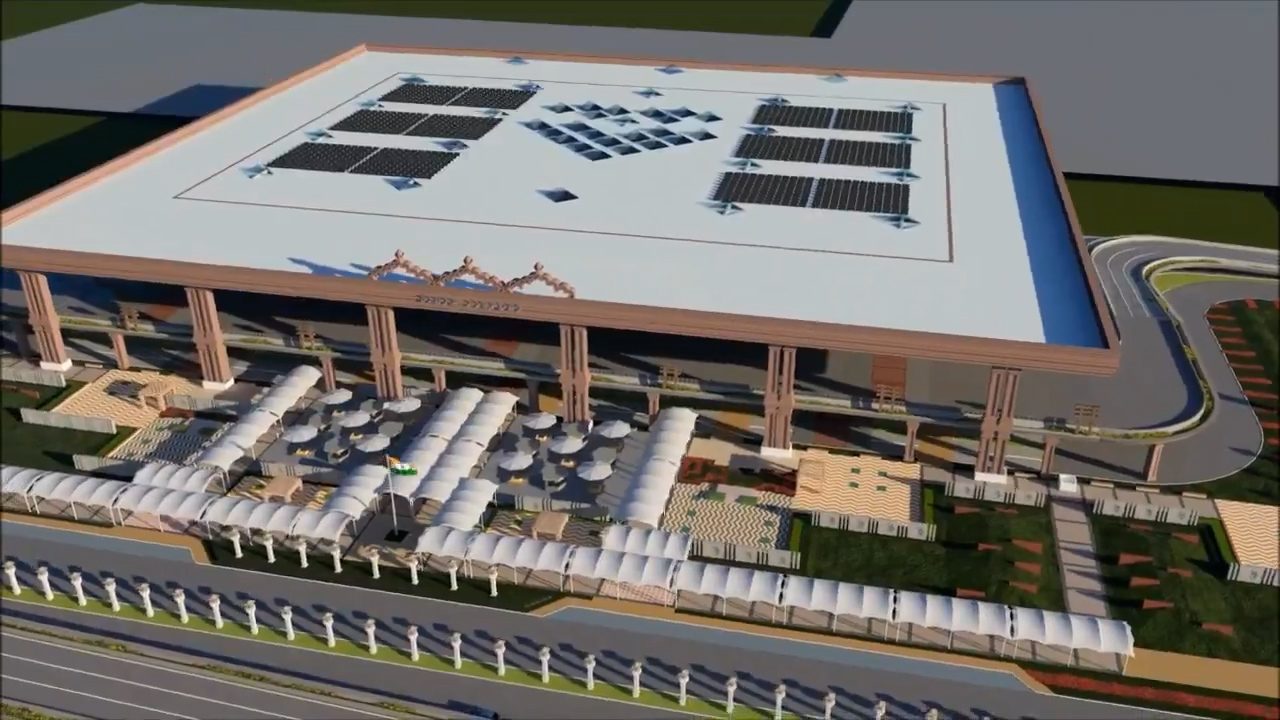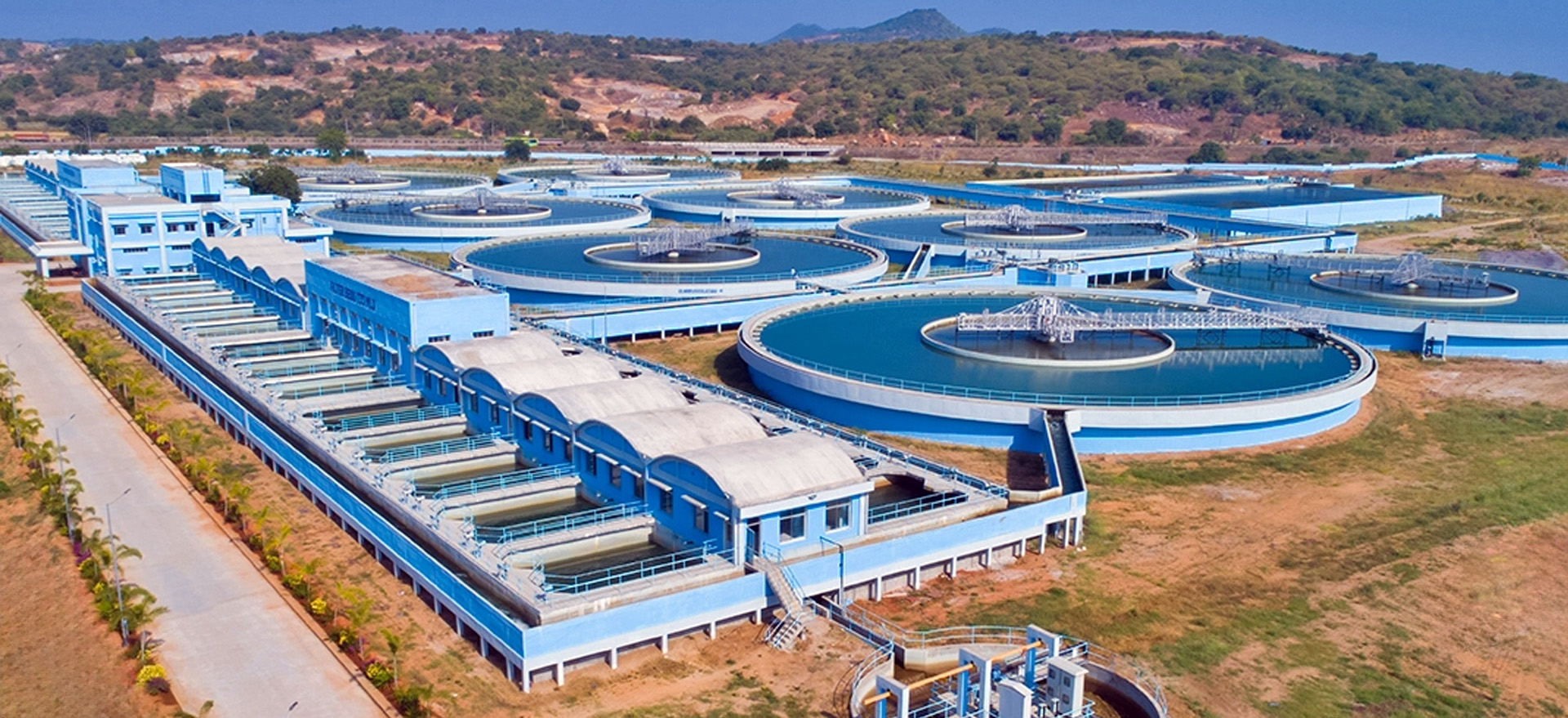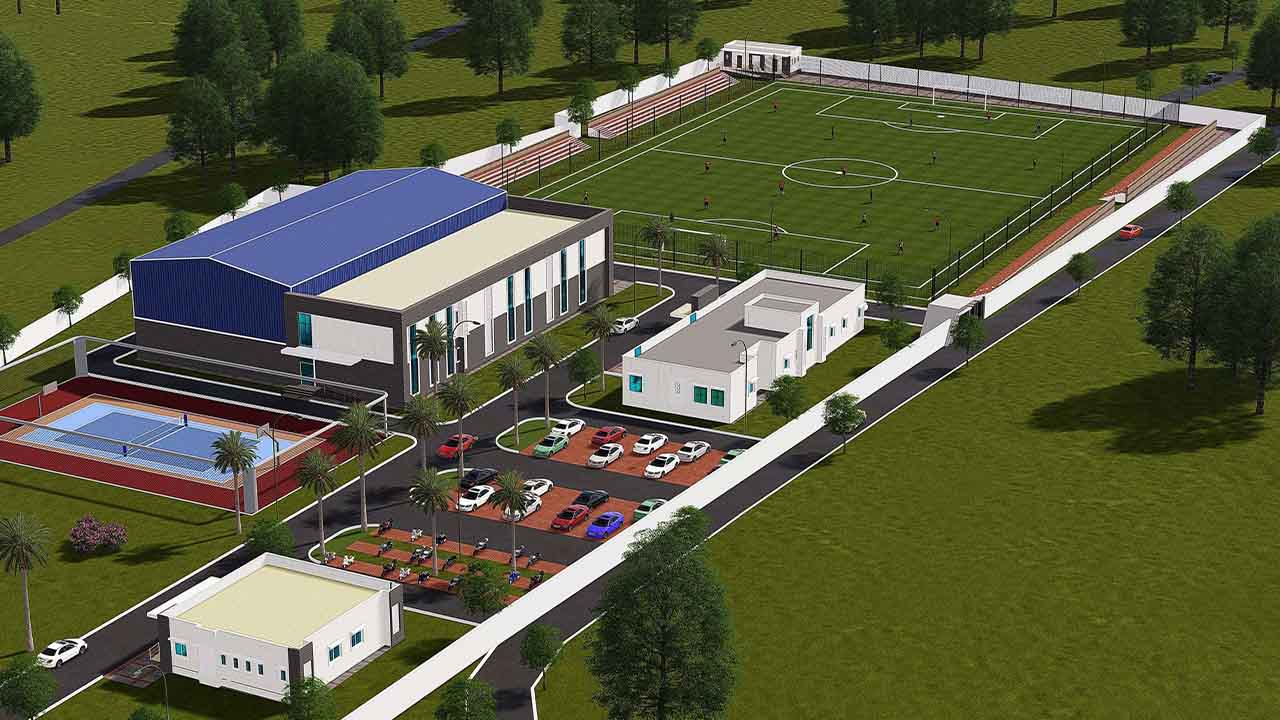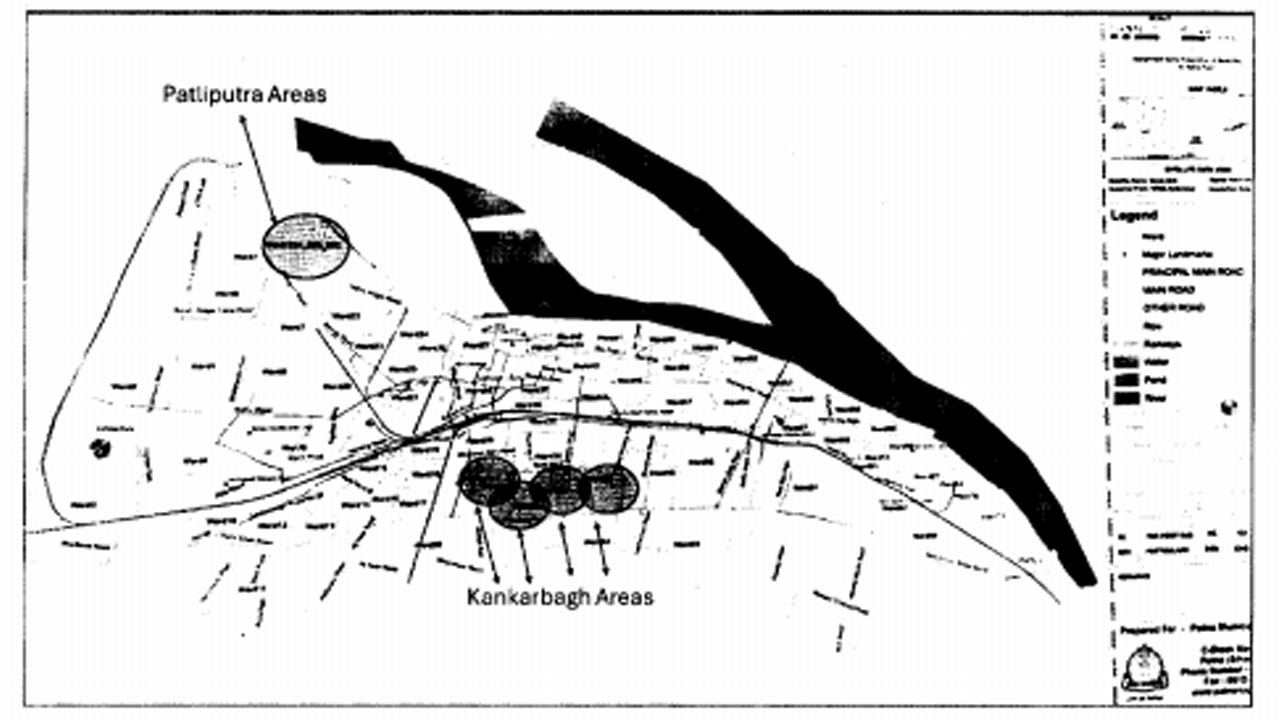The Bihar Electricity Regulatory Commission (BERC) has issued its order on a petition filed by Patna Metro Rail Corporation Limited (PMRCL), which had sought a separate subsidized tariff and other relaxations for its electricity consumption.
The petition was filed in anticipation of the metro service becoming operational in Patna later this month. In its detailed order, the Commission refused to grant a concessional tariff category to PMRCL but allowed certain limited reliefs on operational matters such as contract demand and metering arrangements.
Metro’s plea for subsidized tariff
PMRCL had argued that since the metro is being developed as a public service utility on a no-profit-no-loss basis, it should not be treated like other large consumers. The corporation pointed out that unlike Indian Railways, which can cross-subsidize passenger fares with freight revenue, the Patna Metro depends entirely on ticket sales.
Higher electricity costs, it submitted, would make fares unaffordable and discourage ridership, undermining the state’s objective of providing a sustainable mode of public transport.
The corporation sought a special tariff category lower than that applicable to railways, exemption from the Time-of-Day tariff, compensation for regenerative braking energy, use of lag-only energy meters, and permission to draw an initial contract demand of only 2 MVA at 132 kV instead of the mandated 7.5 MVA.
It also requested the right to bill commercial establishments inside stations at commercial rates and retain part of the revenue, as is practiced by the Delhi Metro.
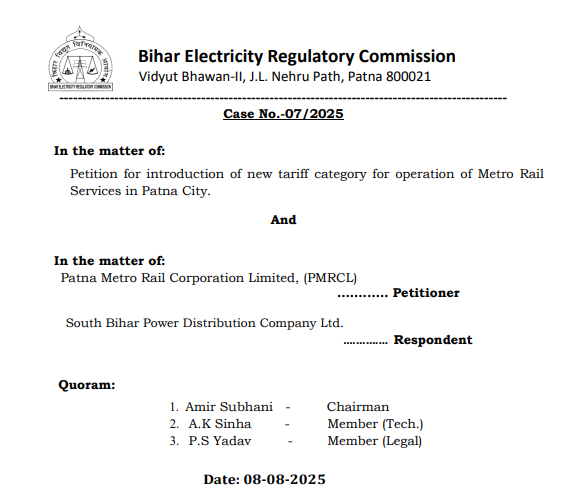
Opposition from SBPDCL
South Bihar Power Distribution Company Limited (SBPDCL), the respondent in the case, strongly opposed these prayers. It argued that tariff rationalization should be based on voltage levels and not on the nature of the consumer. It maintained that the Time-of-Day tariff was mandatory for all high-tension consumers above 10 kW as per the Ministry of Power’s rules.
The company also stated that there is no regulatory framework to compensate regenerative braking energy and that allowing exceptions in contract demand or simultaneous supply from multiple substations could lead to disputes and complications in billing.
Commission turns down key demands
After hearing both sides, BERC ruled that there would be no separate concessional tariff for the Patna Metro. Instead, PMRCL will be billed under the existing Railway Traction Services category. The Commission also refused to exempt the metro from the Time-of-Day tariff, noting that lower off-peak rates would offset higher peak charges.
Requests for compensation of regenerative energy fed back into the grid and for lag-only metering were also turned down, with the Commission underlining the importance of accounting for both leading and lagging power factors to maintain grid stability.
Similarly, the request for simultaneous contract demand across multiple receiving substations was rejected, though the Commission said this issue could be raised again at the time of revising the supply code.
Relief on contract demand and solar power
On the other hand, the Commission provided relief on some specific points. It allowed PMRCL to benefit from rooftop solar compensation under the state’s existing net and gross metering regulations of 2018. It also accepted the request for summation CT and metering at receiving substations, provided that one feeder remains in standby mode and billing is based on summation when both feeders are used.
Significantly, BERC made an exception by permitting PMRCL to begin with an initial contract demand of 2 MVA at 132 kV, instead of the minimum 7.5 MVA prescribed in the supply code. The Commission justified this deviation as a temporary measure in the greater public interest, noting that the metro is a joint venture of the state and central governments and that relief on fixed charges would ultimately help passengers through affordable fares.
Commercial establishments inside stations
The Commission also allowed PMRCL to bill commercial tenants inside metro premises at prevailing commercial tariff rates, with the differential amount to be shared with SBPDCL. The exact percentage of revenue retention by PMRCL for operational expenses will be decided bilaterally between the two parties.
A balanced outcome
With this order, BERC has struck a balance between protecting the financial viability of the distribution company and providing limited relief to Patna Metro in its initial phase of operations. The metro’s first stretch, from Malahi Pakri to ISBT, is scheduled to open later this month, and the order provides clarity on the tariff and supply framework under which it will operate. While the Commission declined to create a special subsidized tariff, it left the door open for PMRCL to raise some of these issues again when the supply code is next revised.

